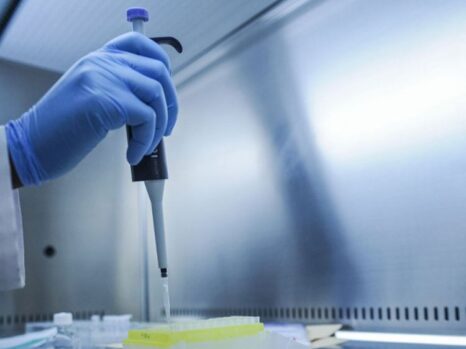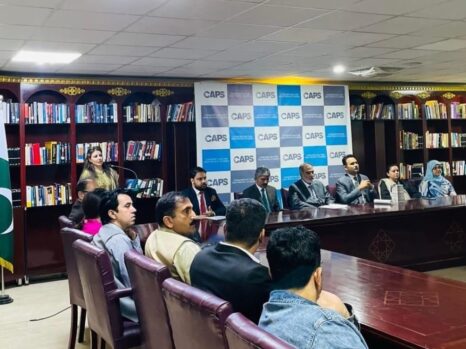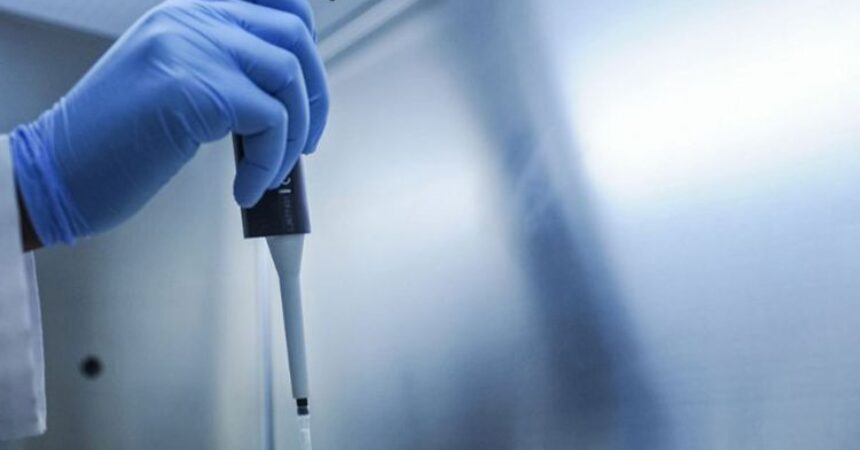Dubai: Dubai Police is building a new forensic medicine facility that will speed up detection of crimes, with tests taking hours instead of days and results reaching 95% accuracy.
The building, inspired by the shape of the human body, is under construction on Tunisia Street and expected to be ready by the end of 2026.
The project is part of seven initiatives being implemented by Dubai Police with the aim of enhancing innovation across various sectors.
Virtual autopsy technologies will be available, reducing the examination time from 10 days to just two hours, while also reducing the required personnel by 50%. Advanced computed tomography techniques will also be adopted, increasing the accuracy of results to 95% and providing specialised examinations with financial returns ranging from Dh2,500 to Dh7,000 per examination.
Second Lieutenant Hassa Al Bloushi, assistant biological expert at Dubai Police, said the building includes a modern pathology lab that reduces the examination time from 48 hours to just 12 hours, in addition to advanced devices for examining sexual assault that increase the accuracy of results to 90%.
It will be the only building in the country that will include a forensic nursing specialty, which handles 40% of the forensic doctor’s tasks, contributing to the acceleration of procedures and improving work efficiency.
From an engineering perspective, the new building is among the few worldwide that adhere to the highest third-degree security and safety standards, enhancing its ability to handle critical cases, disasters, and emergencies.
Autopsies and biopsies
The number of autopsy tables will increase from four to 14, equipped with imaging and live transmission technologies. The capacity for storing bodies will also increase from 80 to 475 units, with 75 units designated for infectious cases.
The project will add new sections, including clinics for neighbourhood inspections, which will increase from three to 11 clinics, with separate clinics provided for first-time detainees. The capacity for biopsies will also increase from 4,600 cases annually to 10,000 cases, with the possibility of doubling it to 20,000 cases annually. The pathology examination will be fully transitioned to a digital system, enhancing the accuracy and speed of the tests.
The building includes advanced sections such as death investigation and autopsy, laboratories, victim and detainee clinics, forensic imaging, and training, in addition to an administrative affairs department. It will include specialised laboratories in pathology, toxicology, entomology, and blood tests.
A centre for continuing medical education will also be established, featuring an educational theatre with filming and live broadcasting capabilities, along with a lecture hall that accommodates 150 people, compared to the current hall that only fits 16 people.
Repatriating the deceased
The building will offer innovative services including offices for processing and repatriating the deceased, an emergency body storage centre, advanced facilities for staff and visitors, and parking spaces. Specialised services such as embalming, analysis and study of medical data, virtual autopsy, and forensic dentistry will also be added.














